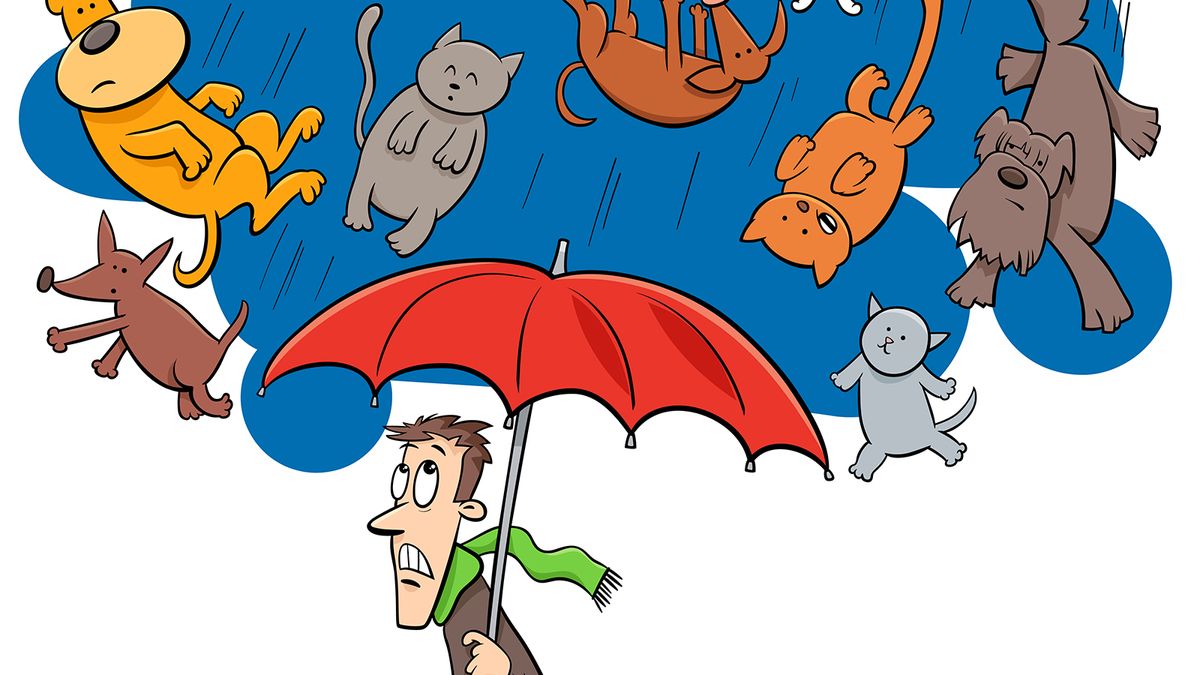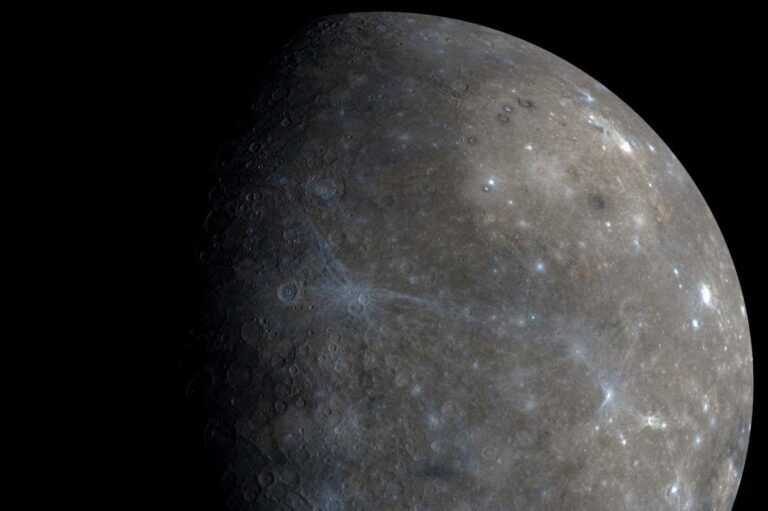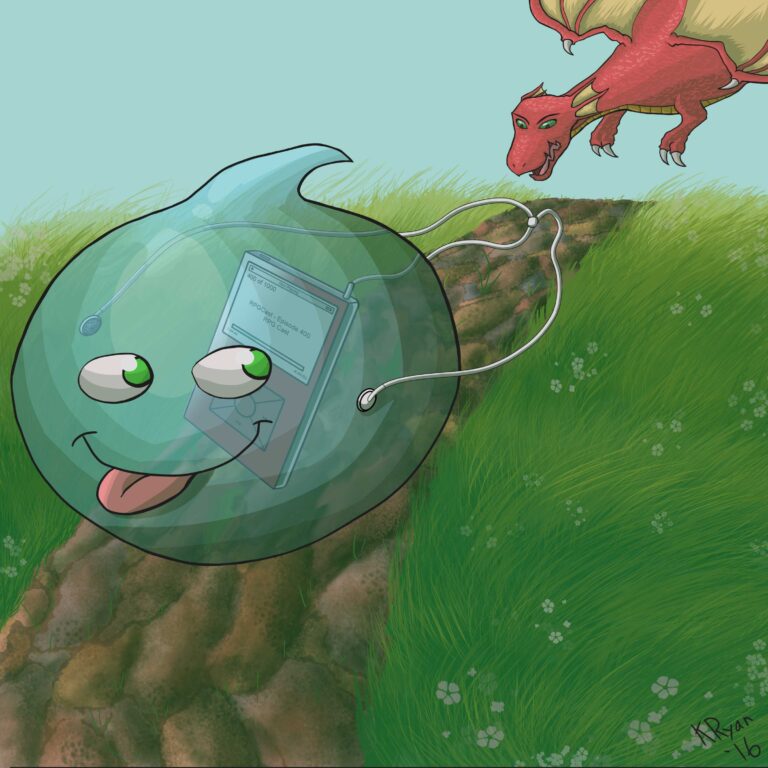Writers trying to craft the next great American novel can take notes from some of these examples of hyperbole found in famous books and poems.
1. ‘As I Walked Out One Evening’ by W.H. Auden
Auden masterfully uses exaggerated statements to describe a great love when he writes:
“I’ll love you, dear, I’ll love you till China and Africa meet,
And the river jumps over the mountain, and the salmon sing in the street.”
These examples claim more meaning because their absurdity tells the story that this love will last forever.
2. ‘Huckleberry Finn’ by Mark Twain
Mark Twain was a 19th-century humorist who used everyday language to capture the authentic feeling of youthful adventure in one of his most famous novels, “Huckleberry Finn” (1884). The story of Huck Finn tackles issues of slavery in the U.S. from the point of view of a runaway slave named Jim.
Speaking on slavery, Jim claims that he felt “trembly and feverish to be so close to freedom.” Jim is not literally experiencing these maladies, but they illustrate his excitement for a new life away from the torture and toil of living as a slave in the South.
3. ‘To Kill a Mockingbird’ by Harper Lee
Harper Lee used hyperbole to craft the setting in this award-winning classic when she wrote: “A day was twenty-four hours long but seemed longer. There was no hurry, for there was nowhere to go, nothing to buy and no money to buy it with, nothing to see outside the boundaries of Maycomb County.”
4. ‘Sick’ by Shel Silverstein
Shel Silverstein is a staple of any elementary school library, and his famous children’s books are gold mines of some of the best examples of hyperbole in poetry. The main character in “Sick” (1993) is a young girl who is trying to skip school due to her many exaggerated illnesses. Peggy Ann McKay complains:
“I cough and sneeze and gasp and choke; I’m sure that my left leg is broke —
My hip hurts when I move my chin; my belly button’s caving in.”
5. ‘Macbeth’ By William Shakespeare
No list of hyperbole in literature would be complete without mentioning the man responsible for shaking the very foundations of the English language. In Shakespeare’s “Macbeth” (1623), Macbeth feels remorse for committing murder, asking, “Will all great Neptune’s ocean wash this blood clean from my hand?”
#Hyperbole #Examples #Mountains #Molehills





















+ There are no comments
Add yours